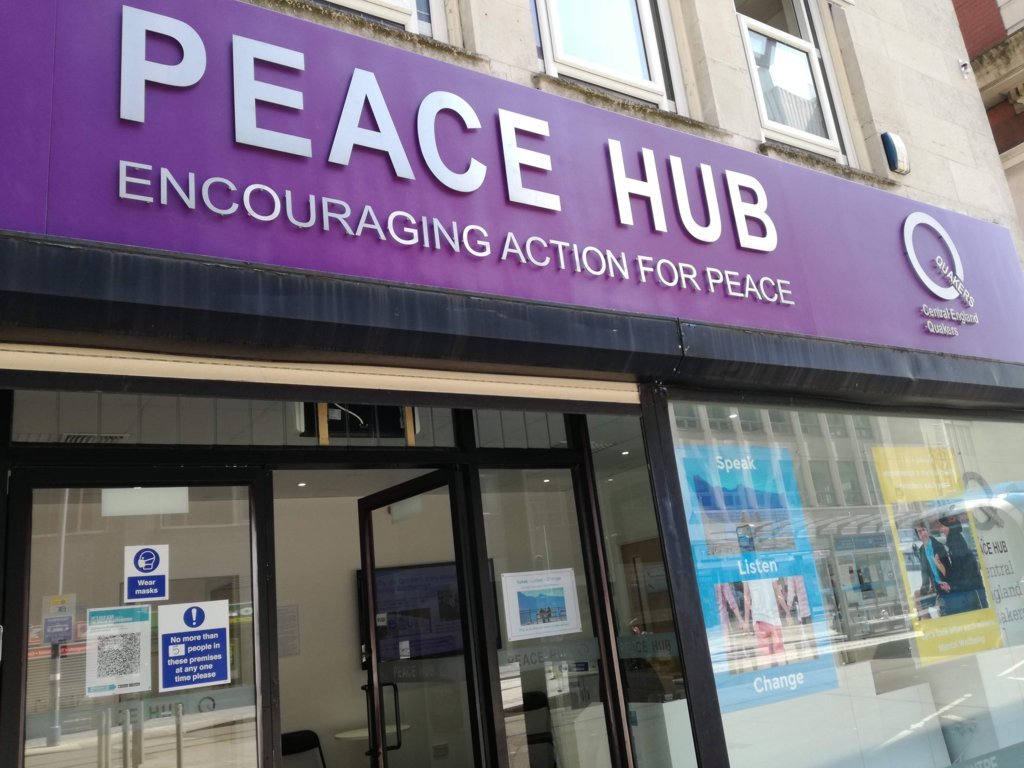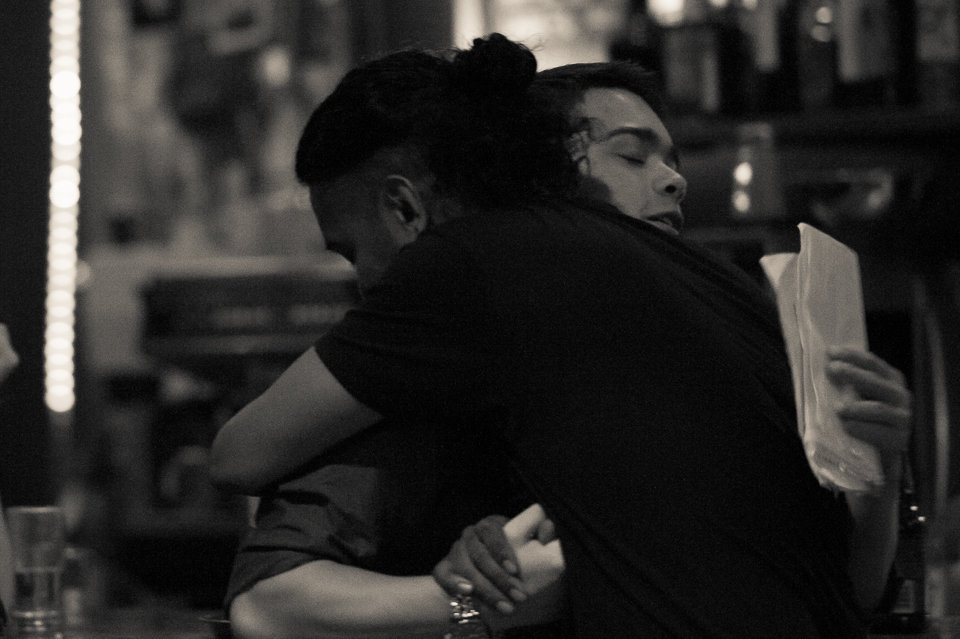This International Peace Day (21st September 2021) we’re exploring how we can invest in peace to help us all become more secure.
If we see others as competitors or enemies, we naturally seek security in out-competing or defeating them. But this can lead to a cycle of destruction– even if we briefly ‘win’ we’re never secure.
What if we invested in peacebuilding, diplomacy and cooperation?
‘Investing’ in peace can mean moving money and other material resources away from destructive industries like the arms trade or fossil fuel extraction, and towards life-giving work such as education, care and health.
More than that, it can be about what we give time, energy and status to. Building non-hierarchical and restorative approaches can apply to our communities, workplaces and institutions, right up to international relations. By examining the roots of conflict we can seek win-win solutions that meet everyone’s needs.
Could this approach make us more secure in the long run?
It’s easy to talk about, and much harder to do! Here are some examples of organistaions, trying to put these ideas into practice at different levels of society:
Peacemakers – Educating for Peace
Our sister organisation Peacemakers work with people in different types of communities to create peace through exploring, learning about and practising peace (with a particular emphasis on working with schools). Peacemakers put the development of relationships at the centre of what they do. By focusing on relationships, we can develop skills of social and emotional learning, resilience, communication and problem solving skills. These help us to resolve conflicts when they do occur. Check out the video below for an example of how children and adults at one school in the Midlands are training to be peacemakers:
AfriNov
Since 2012, AfriNov have been part of civil society efforts to prevent violence before, during, and after elections in Kenya. Since 1992, Kenyan general elections have been accompanied by mass violence causing tribal animosity and many other social injustices. In the 2000s Kenyan Quakers worked for peace alongside Quakers from Britain under the banner ‘Turning the Tide’ (TTT), before before establishing AfriNov as a fully Kenyan-led project, which carries on TTT nonviolence training alongside new work for peace and justice.
For the 2022 elections, AfriNov used civic education, community dialogues and trained election observers to support violence. They used civic education with opinion leaders, youth leaders, women leaders, the clergy, teachers, and more, with the goal of ensuring that citizens make informed decisions at the general election and to counter potential manipulation by politicians to engage in violence. Community inter-ethnic dialogues brought together community members and leaders for open conversations aimed at bridging any gaps that could result in violence. They also recruited and prepared 69 people to participate in observing at polling stations, to increase the confidence of citizens that the election was free and fair and to identify gaps and challenges.
Read more about the work that AfriNov do around elections, and beyond.
Quaker United Nations Office
Quaker United Nations Office (QUNO) use ‘quiet diplomacy’ to help governments and officials work for a more just and peaceful world. QUNO maintains houses in Geneva and New York to serve as QUNO offices and meeting places close to the UN. For nearly fifty years, Quaker Houses have provided a place where UN diplomats, staff, and non-governmental partners can work on difficult issues in a quiet, off-the-record atmosphere out of the public eye. This isn’t about secrecy, but rather opening up space to speak honestly and imagine new possibilities.
One of QUNO’s areas of work is Peace & Disarmament. In 2013 an International Arms Trade Treaty was agreed at the UN: so far 141 states have signed the treaty and 111 have ratified it. QUNO helped to form the Arms Trade Treaty Network (ATTN) which helps governments to understand their obligations under this treaty and put them into practice. Recently, QUNO have been advocating for recognition that most firearms are legally manufactured and that solely focusing on illicit or diverted weapons is ignoring the impact of legal arms sales. In the video below, QUNO’s director in Geneva, Nozizwe Madlala Routledge, took the floor at the 49th Session of the UN Human Rights Council to emphasize that arms proliferation in society contributes to its increased militarisation, legitimizing and perpetuating the use of violence:
These are just three examples – there are many projects like these across the UK and the world who are investing for peace.
How can we support their work, and bring these approaches to a wider range of settings?
Peace Hub is a Quaker organisation, and we’ve focused on projects with Quaker links here, because we know their work and share their values. But of course there are many secular organisations and groups founded by other faiths who are doing equally important work. If you’d like to share what your organisation or group is doing to invest in peace, we’d love to hear from you!
Photo: Caelie Frampton used under Creative Commons CC 2.0 BY-NC_SA


